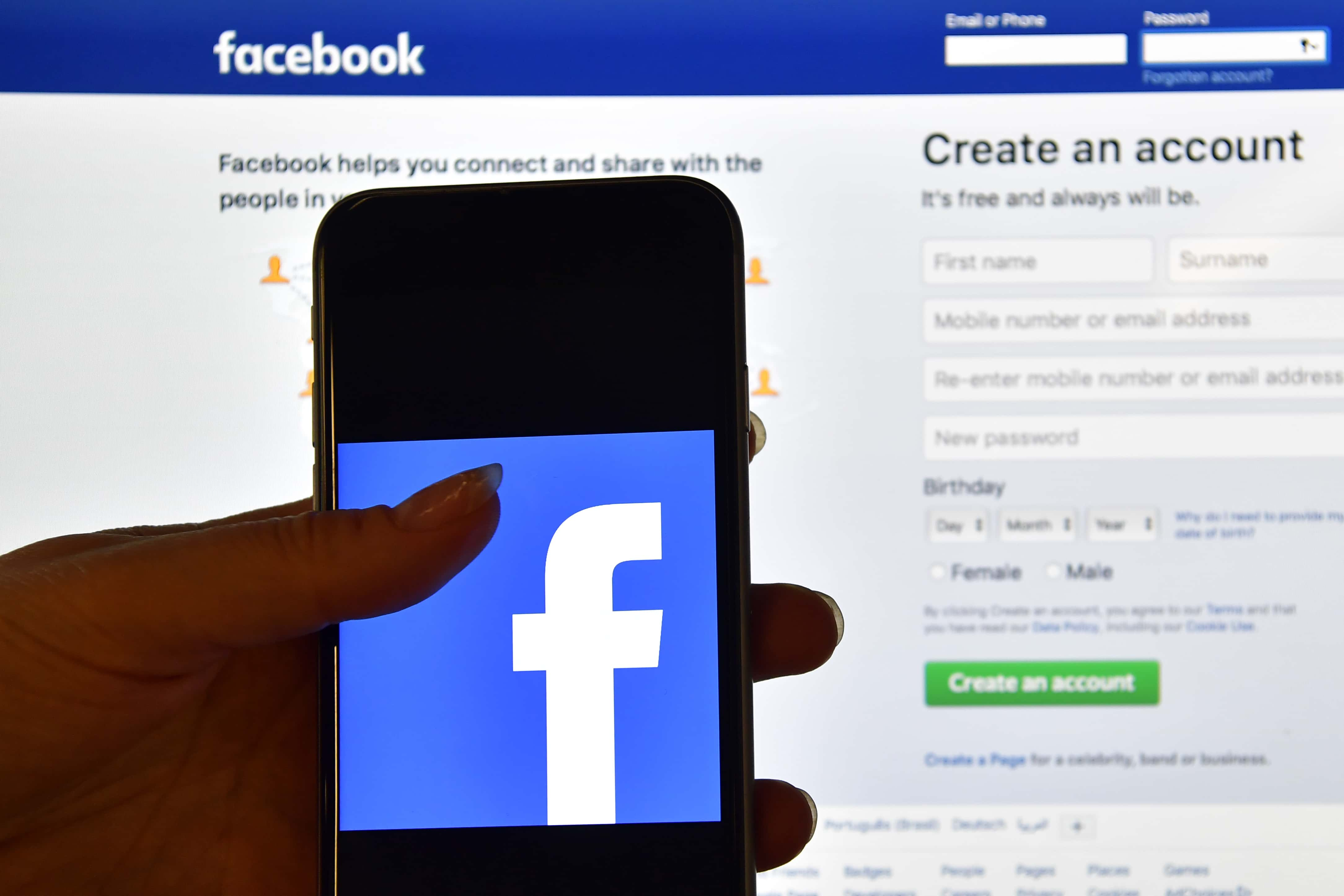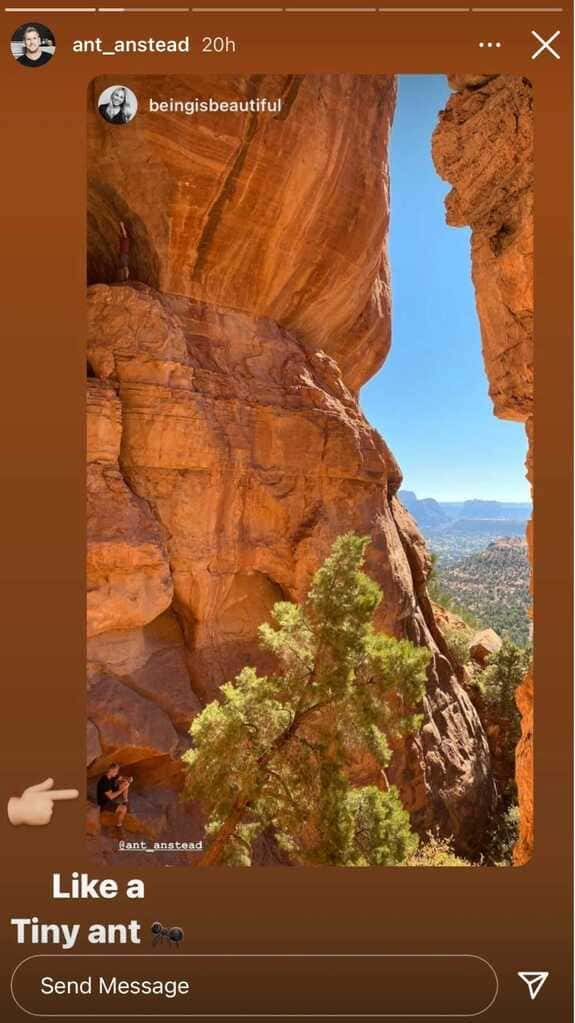Is Facebook's rapping app BARS a TikTok clone? All the times social media giant copied features from others

Facebook isn't exactly known for innovation. The social media giant has built a reputation of killing its competitors by copying their features and launching them across its family of products. The latest clone is BARS, a TikTok-like app targeting rappers. The app comes from Facebook's internal R&D team and is very much an experiment at this time. The app isn't a complete ripoff of TikTok, that title is reserved for Instagram Reels and the now-dead Lasso, but it does share many similarities.
BARS is just the latest in a long line of 'experimental' apps the company has built to test the popularity of a particular feature. In this case, it's a music-based launchpad for up-and-coming users. It has TikTok's vertical swiping interface and a two tabbed layout — 'Featured' and 'New' instead of TikTok's 'Following' and 'For You'. Just like TikTok, engagement buttons are located on the bottom-right. The app is currently in beta testing on the iOS App Store in the US only. There's a waitlist, so if you want to get on it you'll need to sign up now. Other regions are expected to be added, which users can track through the BARS Instagram page.
READ MORE
Facebook employees protest Zuckerberg's inaction over Trump's call for violence: 'Mark is wrong'

While BARS has plenty in common with TikTok, it isn't the only one. Here's a look at some other clones Facebook has launched.
Facebook goes after the competition
Facebook has never been shy of copying features from other platforms. Over the years, it has launched many apps and features copied from others. Here are some of the most iconic examples.
Workplace from Facebook: A collaborative software for work Workplace was launched in 2015. Just before the pandemic, the feature hit 5M paid users but that's just a fraction of the users of Slack, Google or Microsoft's suites.
Facebook Slingshot: The 2014 ephemeral messaging app was Facebook's first attempt at copying Snapchat. Users could send disappearing photos to friends, but the complex interface and system meant it didn't really take off. It was shut down in December 2015.
On This Day: Facebook's archive feature is based on Timehop, which was the first to allow users to view their digital memories. But as Facebook introduced the feature in 2015, Timehop found itself becoming increasingly irrelevant. On This Day is now baked into the main Facebook app, now called Memories.
Stories: The most iconic and controversial Facebook feature is undoubtedly Stories on Instagram, Facebook and WhatsApp Status. In fact, at the time Instagram CEO Kevin Systrom even said that Snapchat "deserves all the credit" for launching the feature first. Born in 2016, Stories is now a key part of Facebook and Instagram as well as WhatsApp.
Facebook Marketplace: In 2016, Facebook also introduced Marketplace, a version of Craigslist built just for the platform. Users can buy and sell almost anything through the feature, which has now become the go-to for many Facebook users. As the company scales up its shopping features, Marketplace isn't going anywhere.
Messenger Rooms: Thanks to the pandemic, Zoom and Houseparty became the go-to apps early on. Then came Facebook. Messenger Rooms allows videoconferencing for up to 50 people. There's no time limit and even people without a Facebook account can join. We don't know yet how popular it is, but if it's been around since April 2020 you can bet many people are using it.
Instagram Reels: The first successful TikTok clone from Facebook was launched in August 2020. Reels is pretty much TikTok, except that it isn't in the middle of several geopolitical conflicts. Unlike its predecessor Lasso, Reels now occupies a central place on Instagram.

It's not as if people haven't noticed. A February 2021 article from CNN called Facebook a "$770 billion clone factory". The company is also facing an investigation from Congress into its practices, so there could be some consequences. Until then though, get ready to see more copied features. The next one could be a version of Clubhouse, according to The New York Times.










